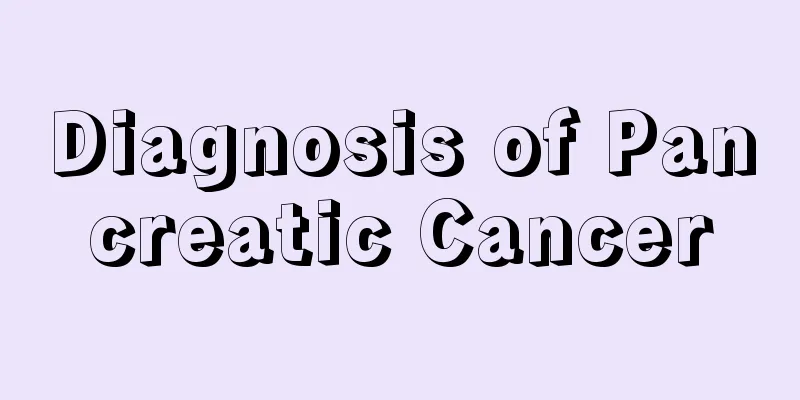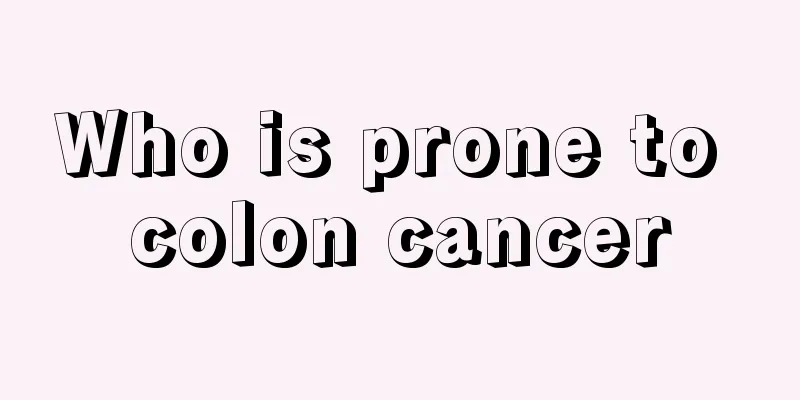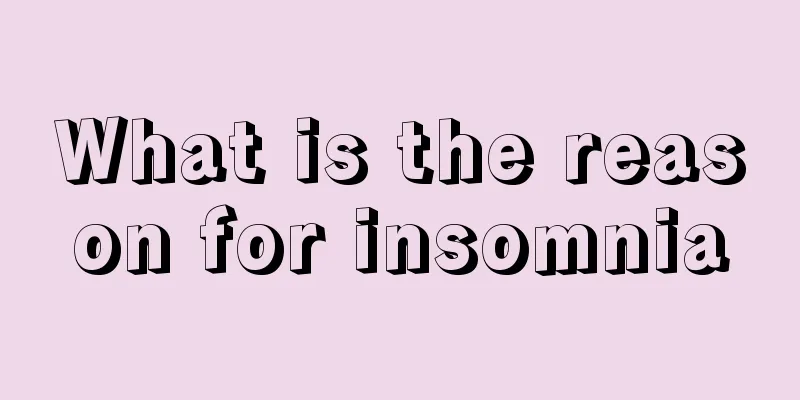Can purpura kill people?

|
Nowadays, many patients are troubled by purpura. Purpura is a very stubborn skin disease and it is very difficult to completely eradicate it. However, if purpura is not treated in time, it may cause kidney problems and even kidney failure in severe cases. Patients with purpura may experience gastrointestinal bleeding, so they need treatment as soon as possible. So, can purpura kill people? 1. Can purpura kill people? Generally not. However, this purpura can lead to purpuric nephropathy, which may cause severe renal damage or electrolyte abnormalities leading to death. Allergic purpura is a benign disease in clinical practice. The probability of death caused by this disease is very low. If allergic purpura accumulates in the kidneys, it may cause renal failure. If it accumulates in the gastrointestinal tract, severe bleeding will occur. If it is not treated in time, it will be life-threatening. 2. Is Henoch-Schonlein purpura contagious? Henoch-Schönlein purpura is idiopathic thrombocytopenia and is not contagious. There is no need to worry, but it is recommended not to do strenuous exercise with it, avoid collisions, and avoid bleeding. 3. Complications of Henoch-Schönlein Purpura The most serious complications of Henoch-Schonlein purpura are acute gastrointestinal bleeding and renal failure, both of which can lead to death. 4. The harm of allergic purpura Most patients with Henoch-Schönlein purpura recover well, but if not treated in time, they may suffer from purpuric nephritis, or even lead to renal insufficiency or uremia, which will seriously endanger the patient's health. 5. Symptoms of Henoch-Schönlein Purpura Common symptoms of allergic purpura include: itchy skin accompanied by bleeding spots (purpura). Skin purpura is distributed on the extensor surface of the skin of the limbs, near the joints and buttocks. It is symmetrical on both sides, protrudes above the skin, and does not retreat when pressed. It is mostly bright red in the early stages and gradually fades. There may be abdominal pain, bloody stools, and hematuria. Severe cases may recur. 6. Treatment of Henoch-Schonlein purpura Since the cause of Henoch-Schonlein purpura is still unclear, there is no specific treatment. The treatment of Henoch-Schonlein purpura is mainly the use of antiallergic drugs. Children with Henoch-Schönlein purpura should avoid excessive activity. When the disease involves internal organs other than the skin, corticosteroids can be used. Although Henoch-Schönlein purpura is a chronic disease, the prognosis is usually good, but the prerequisite is early diagnosis and timely treatment. |
<<: Steps for making pot-wrapped pork at home
>>: The difference between salmon and salmon
Recommend
How to remove yellow spots on clothes?
After clothes have been placed in the closet for ...
The world's 9 major self-harming health-preserving methods, the more "harmful" you are, the more beautiful you are!
In life, we are constrained by too many rules and...
Will cervical hypertrophy cause cervical cancer?
Now the incidence of cervical cancer is getting h...
Regular hospital for treating osteosarcoma
Osteosarcoma is an extremely painful disease, che...
What are the best tips for lubricating the intestines
If you have a poor diet or get too hot, you will ...
Introduction to liver cancer embolization interventional surgery? Learn about interventional therapy
Among many diseases, cancer is the most terrible....
5-year survival rate of nasopharyngeal carcinoma
What is the 5-year survival rate of nasopharyngea...
How to remove rust from a kettle
Almost every household has a kettle, but not ever...
What is the state of the teeth when the mouth is closed
Nowadays, people pay much attention to their phys...
Attention! Lack of sleep is the primary cause of advanced gastric cancer in patients
In recent years, gastric cancer has become one of...
Where can I get good treatment for bile duct cancer
Cancer is a terrifying disease. As we all know, c...
Four secrets to prevent premature gray hair, young people, please take a look
Generally speaking, the hair pigment cells of nor...
Chest sweating while sleeping stops when I wake up
In fact, if we sweat a lot when sleeping, it is p...
What to eat to dilate blood vessels
The human body is filled with densely packed bloo...
How long can one live with nasopharyngeal carcinoma metastasis and can it be cured?
When cancer cells develop to the late stage, they...









